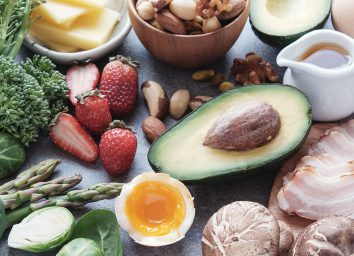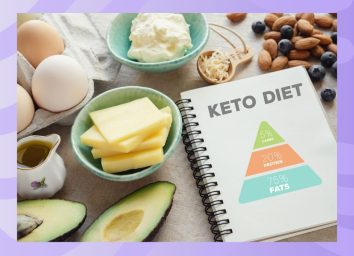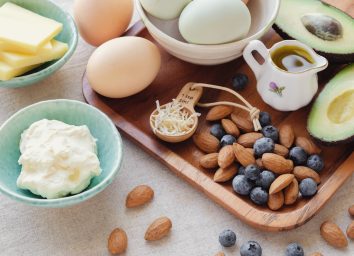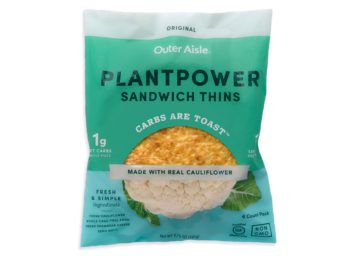These Are the Foods You Can and Can’t Eat on the Keto Diet
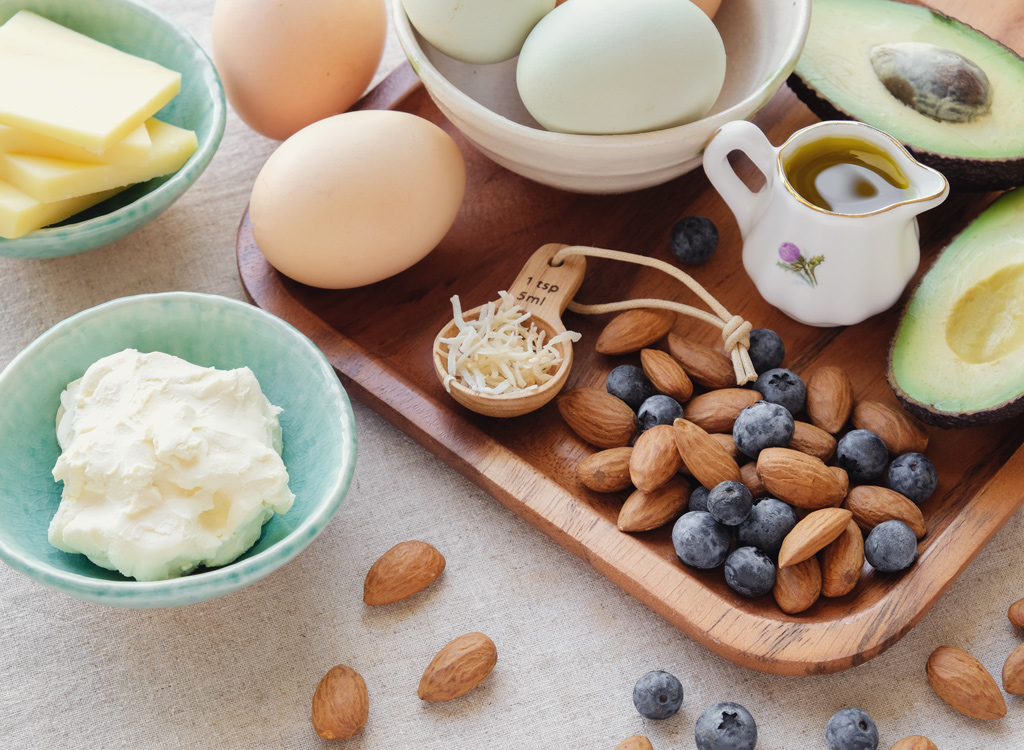
The keto diet doesn’t seem to be going anywhere anytime soon. The high-fat, low-carb eating style has been touted as a way to lose weight, increase your energy, boost your brainpower, and feel better overall. And compared to other diets with an incredibly long list of dos and don’ts—looking at you, Whole30!—it’s a little easier to follow.
How does keto work?
There’s one prime aspect that sets keto apart from all the other eating plans out there: It helps people achieve the results they want by getting their bodies to enter a fat-burning state. This is known as ketosis, something that occurs when you eat a high amount of fats, a low amount of carbs, and a moderate amount of protein.
“Nutritional ketosis is a powerful metabolic state during which the body is burning primarily fat (ketones are derived from fats),” says keto expert Shawn Wells, RD. “It’s becoming increasingly apparent that elevated ketones have an array of important signaling functions, like regulating inflammation and gene expression. And the metabolic shift to increased ketone utilization may be the secret behind a majority of the benefits of the ketogenic diet.”
What happens during ketosis?
Being in that desired deep state of ketosis has helped people achieve higher energy levels, better cognitive clarity, and an up-shift in their brain processing speed, says Wells. And those are just a few of the potential benefits that can be achieved through the keto diet.
“A well-formulated ketogenic diet can support a long list of health benefits,” Wells says. “That includes weight management, appetite management, metabolic health and glycemic control, heart health, healthy aging, and improved markers of inflammation and oxidative stress.”
What are the drawbacks to the keto diet?
With that being said, there are also some downsides to keto to be aware of before you jump right in. Because it’s a very restrictive diet, it’s easy to gain weight back after you end the diet if you don’t come off it correctly—aka following it for a few days a week or for a few weeks each month, according to research from Harvard Medical School. In addition, there’s also the dreaded “keto flu” to think about. But if you want to give it a try, here’s exactly which foods you can and can’t eat on the keto diet.
What can you eat on the keto diet?
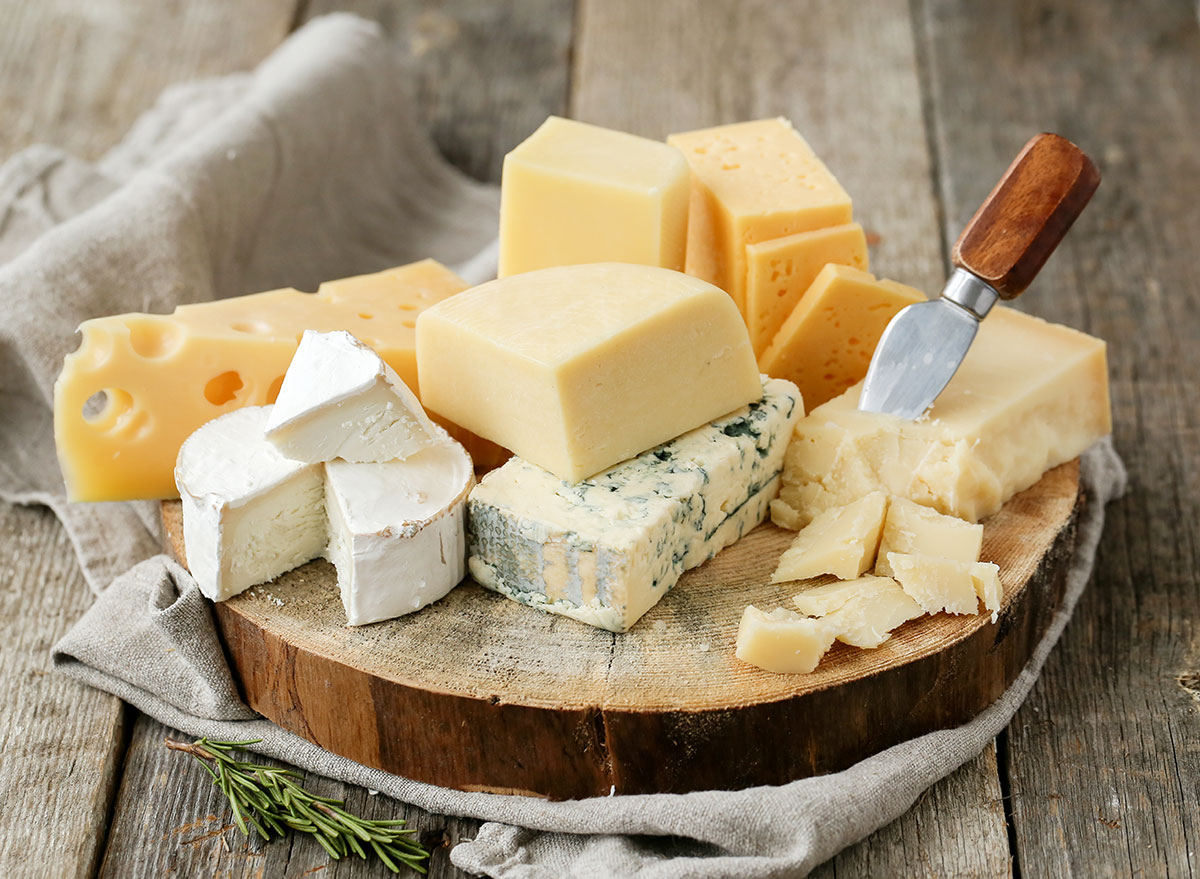
These are keto diet-approved foods that can help your body stay in ketosis.
Meat, seafood, and eggs
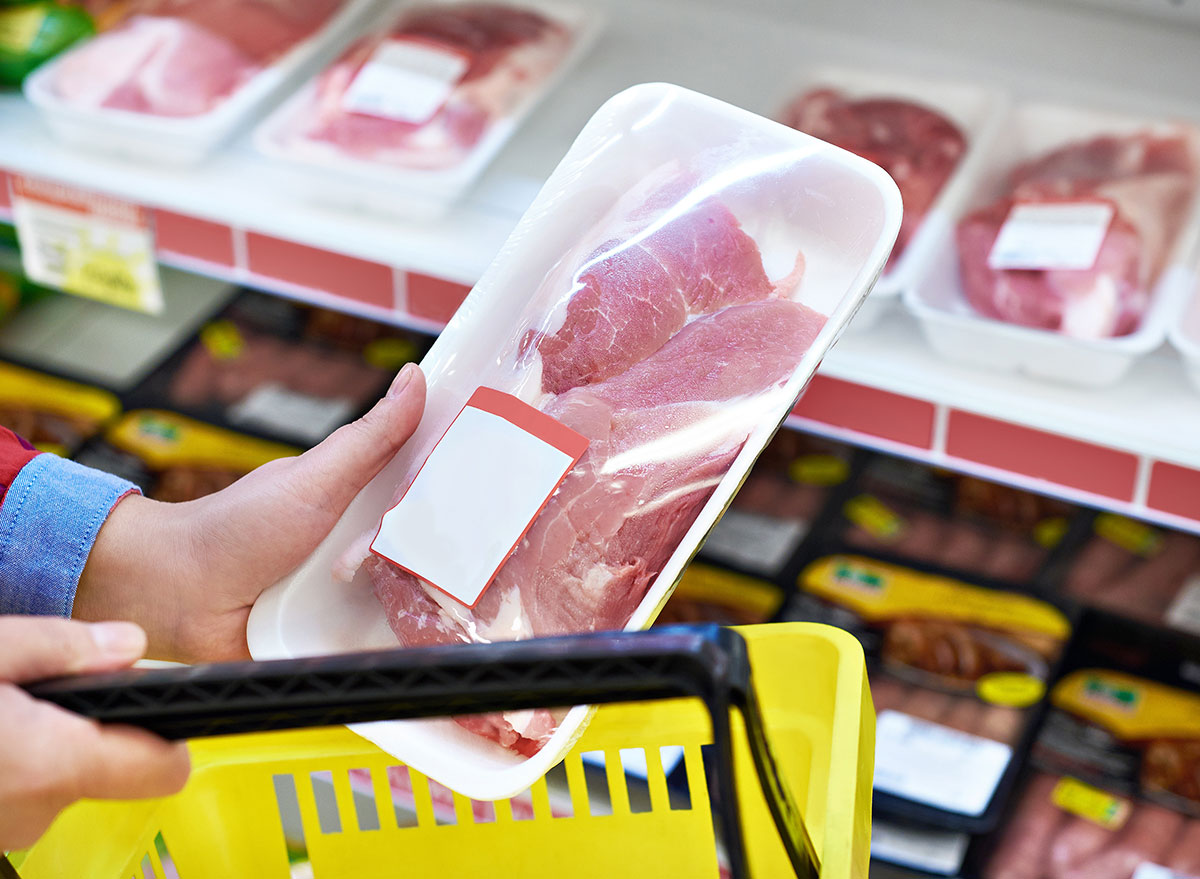
Meat and seafood are allowed on the keto diet, and the options are pretty much endless. Anything processed (like bacon and sausage) should be limited on the keto diet.
Meats and seafoods you can eat when going keto include:
You can also eat high-protein, low-carb plant-based options, like:
- tofu
- seitan
- tempeh
Another protein-rich food allowed on the diet is eggs.
Some vegetables
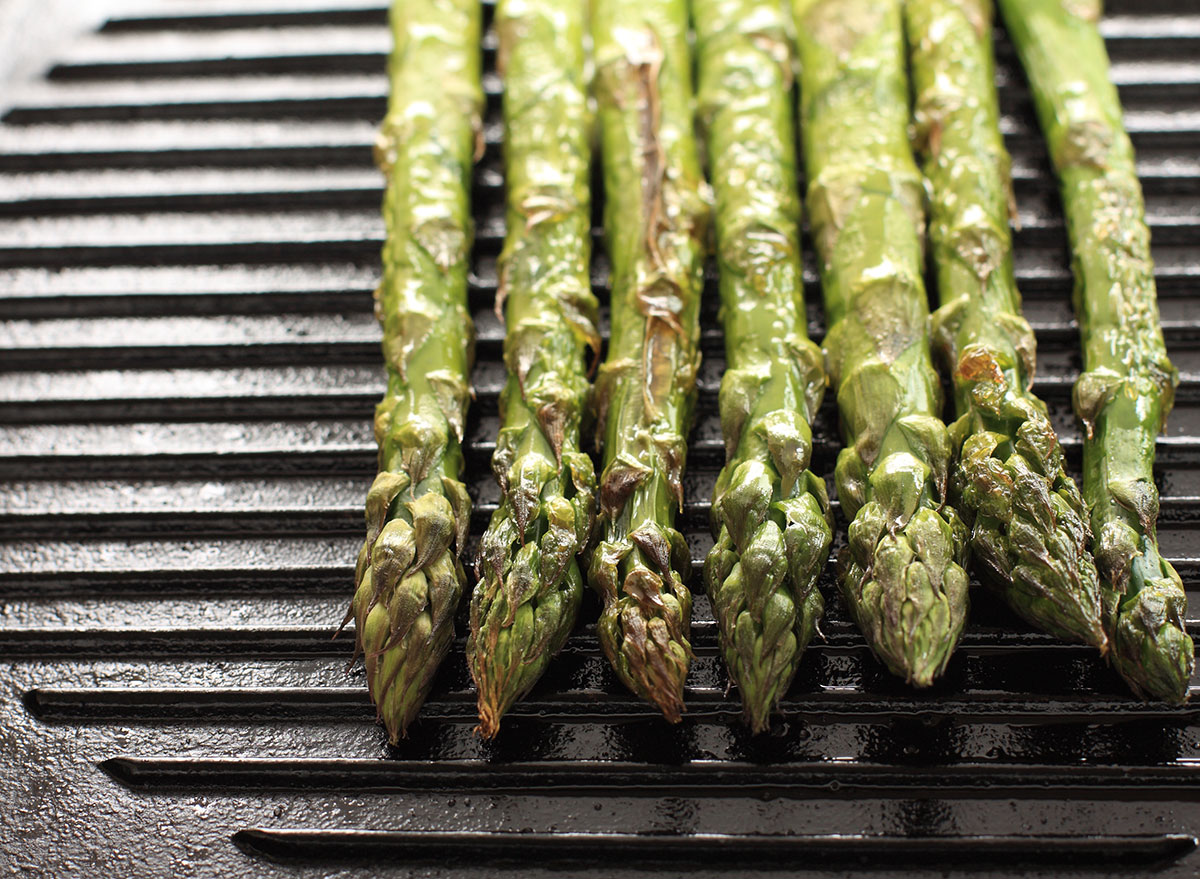
While eating your veggies is important, not all of them are allowed while following the keto diet. Luckily, there are still plenty of options available for your choosing. Wells says the vegetables you can have on the keto diet include non-sweet veggies, which are foods like:
- broccoli
- cauliflower
- kale
- asparagus
- cabbage
- cucumber
- spinach
- bell peppers
- Brussels sprouts
- zucchini
Essentially, you can eat everything but root veggies or anything that’s too high in carbohydrates.
Very little fruit
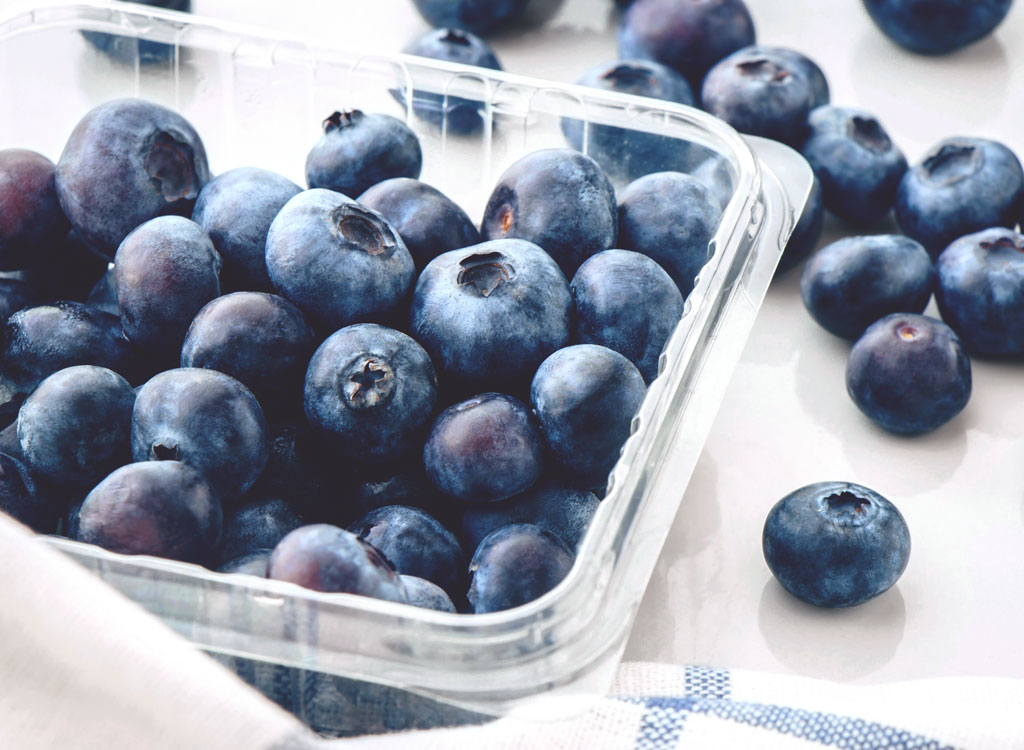
Because of the high amounts of carbs in fruit, most options aren’t allowed on the keto diet. What fruits are allowed, though, are:
- avocados
- blueberries
- blackberries
- raspberries
“You can have fruit on keto if you stick to five percent or less total carbohydrates. Stick with berries, or even a Granny Smith apple with peanut butter, as long as it fits your ratios and total carbs for the day,” Wells says. “Some people who have a high amount of lean body mass and/or a large amount of muscle may have higher carbohydrate needs, and thus may be able to include more fruit.”
Fats and oils
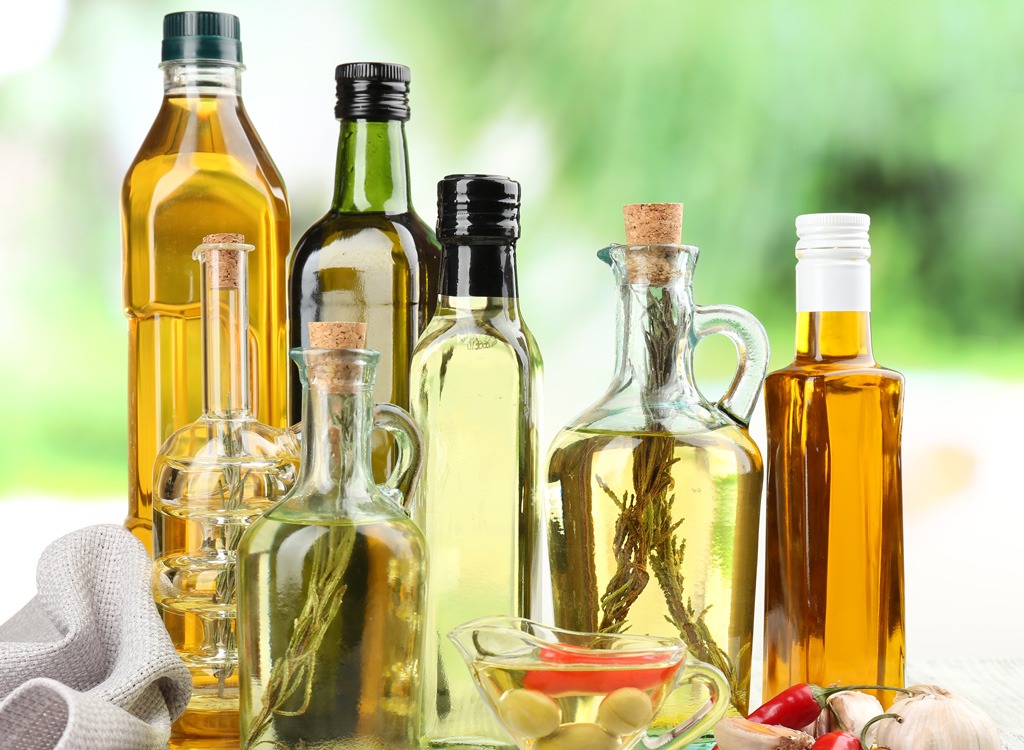
Being that this is a high-fat diet, most fats and oils are allowed on keto as long as they’re the healthier options like:
Not every oil is A-OK, though: There are some oils, such as canola oil and sesame oil, that aren’t keto-compliant.
High-fat dairy
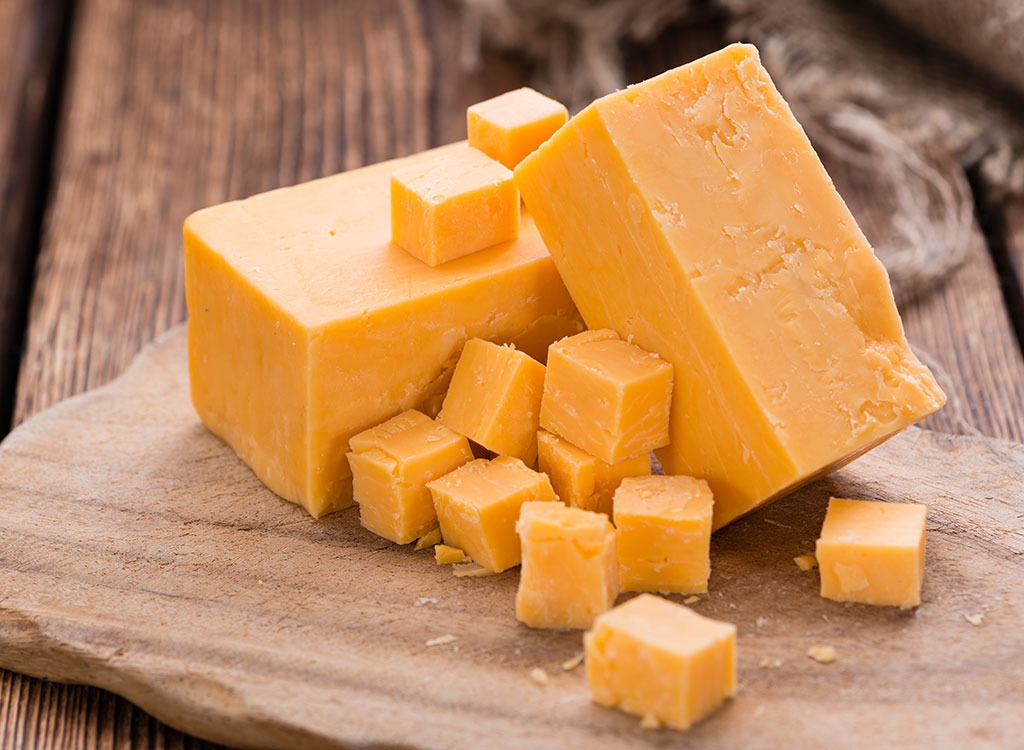
High-fat dairy is also allowed on keto, going along with the high-fat theme. These keto-approved dairy products include:
- heavy cream
- cheese
- cream cheese
- sour cream
Nuts and seeds
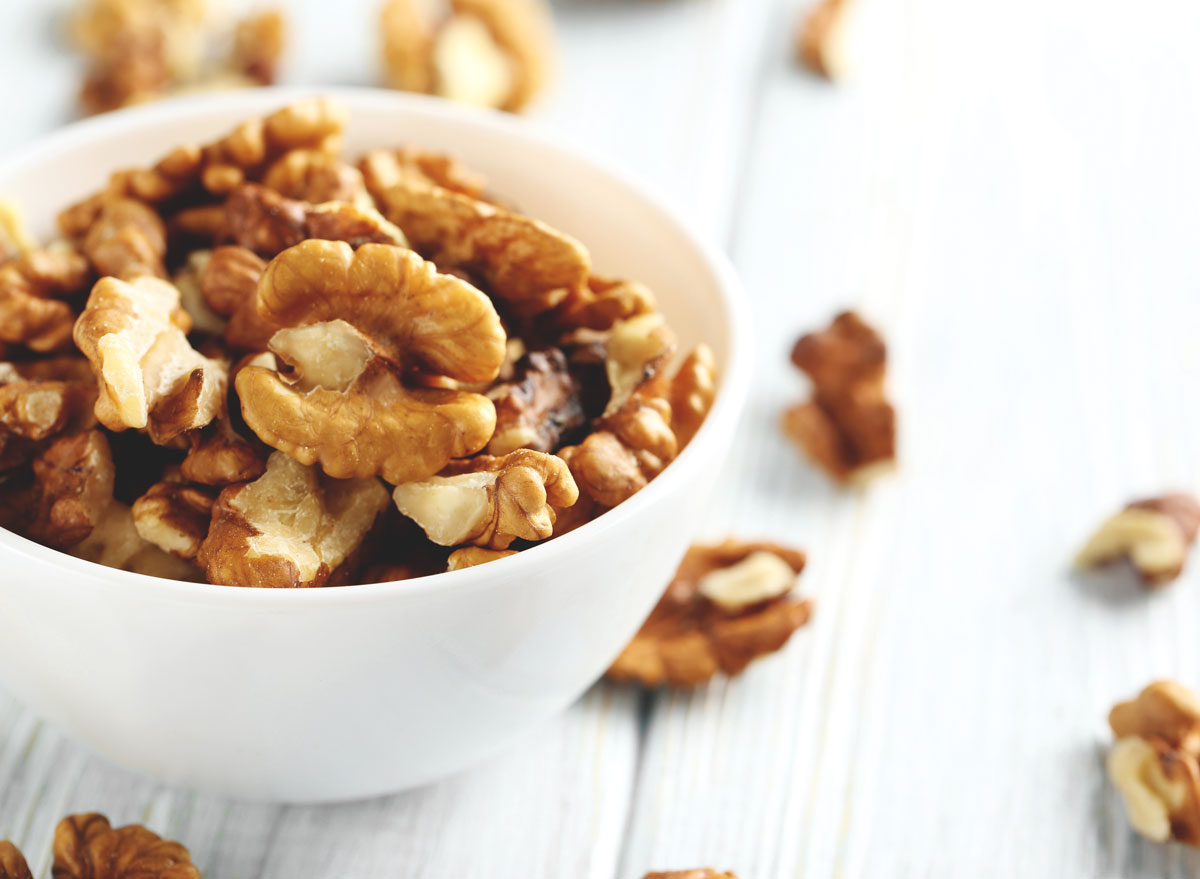
Some more high-fat staples that can stay in your diet are nuts and seeds. A wide range is allowed on keto, including:
- almonds
- walnuts
- chia seeds
- hemp seeds
- pecans
- flaxseed
- peanuts
- nut butter (like peanut butter and almond butter)
Some sweeteners

Sugar is allowed on keto, but not a lot. “You can eat it in moderate amounts as long as you’re sticking to your carbohydrate macros (less than five percent),” Wells says. “But a high amount of sugar is going to quickly put you over this amount.”
Because of the restriction, there are very few sugar options you can use sparingly, including:
- Stevia
- sucralose
Some alcohol

Surprise! Alcohol is allowed on keto. Well, some of it. There are certain types you will no longer be able to drink, but you can enjoy these drinks on the keto diet:
- hard liquor
- dry wine
- champagne
Even though you’re able to have these choices, it’s still not advised to have them often.
Low-sugar condiments
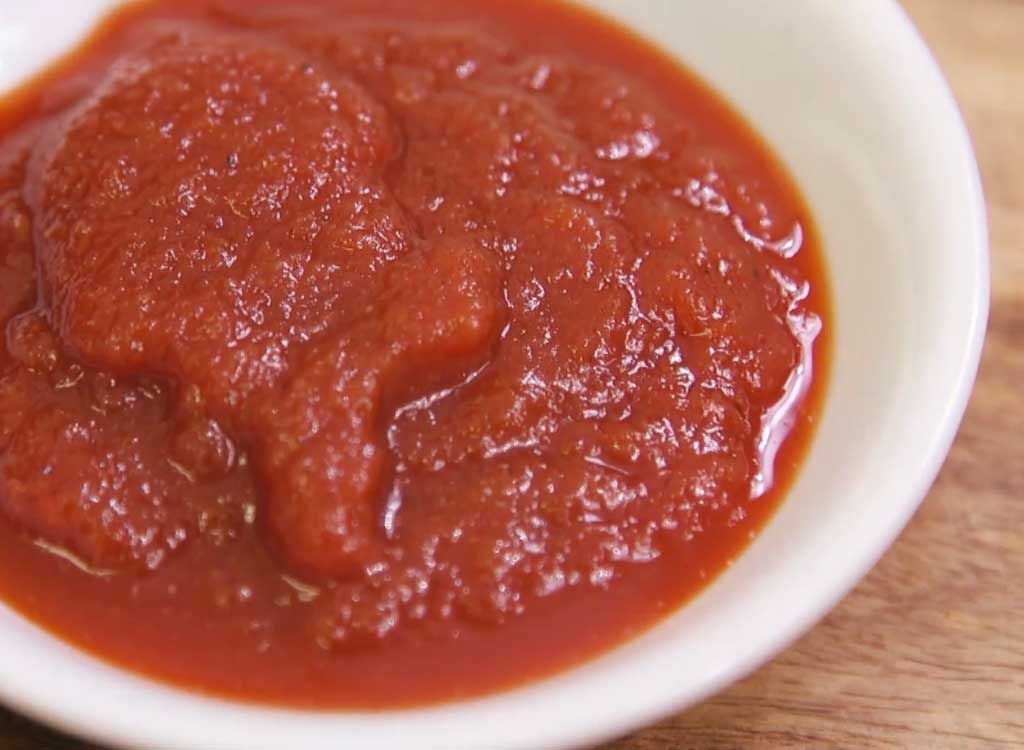
Because you’re trying to avoid refined sugar, finding condiments at the grocery store can be tough. As long as you find options that don’t contain any added sugar, you’re good to go. That typically means things like:
- unsweetened ketchup
- avocado oil mayo
- sugar-free BBQ sauce
What can’t you eat on the keto diet?
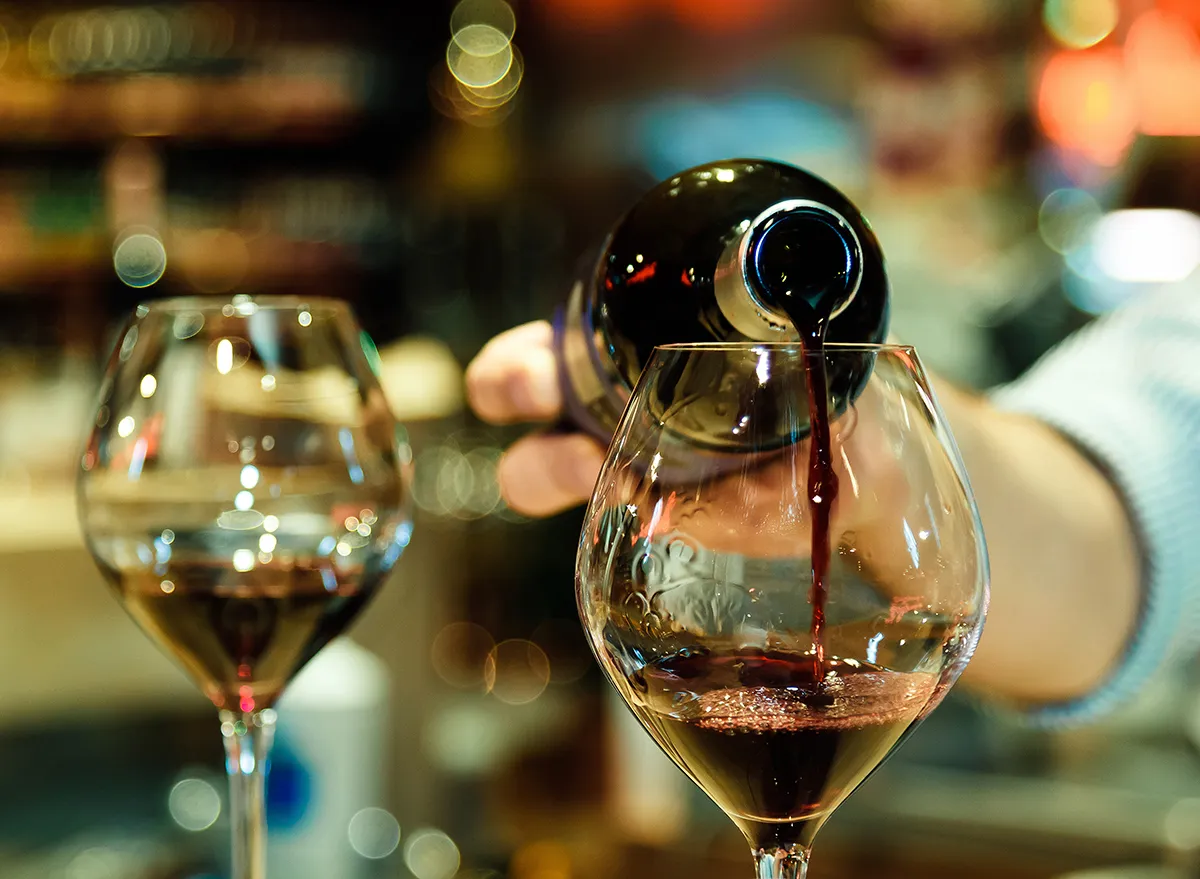
These are the no-gos when you’re on keto.
Root veggies

If you’re a potato fan, you might want to sit down for this. “Root veggies and tubers are automatically going to contain higher amounts of carbohydrates,” Wells says. Because of that, these root veggies are all banned on keto:
- regular potatoes
- sweet potatoes
- carrots
- beets
- turnips
Most fruit
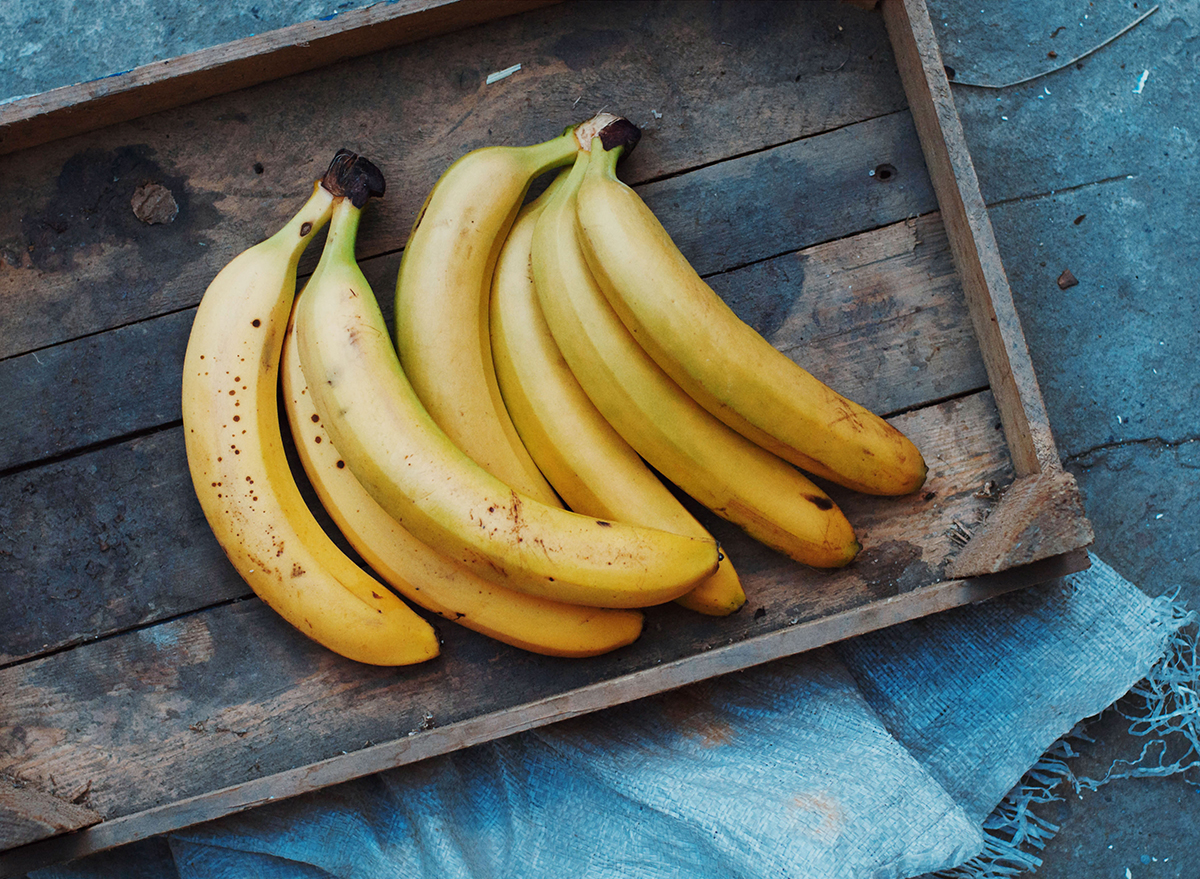
While fruit is packed with body-boosting vitamins, most of it—all except for berries—gets the boot on the keto diet.
That means the fruits you can’t eat on keto include:
- bananas
- watermelon
- pineapple
- mango
- peaches
- cherries
- pears
This also includes juice and smoothies.
Low-fat dairy
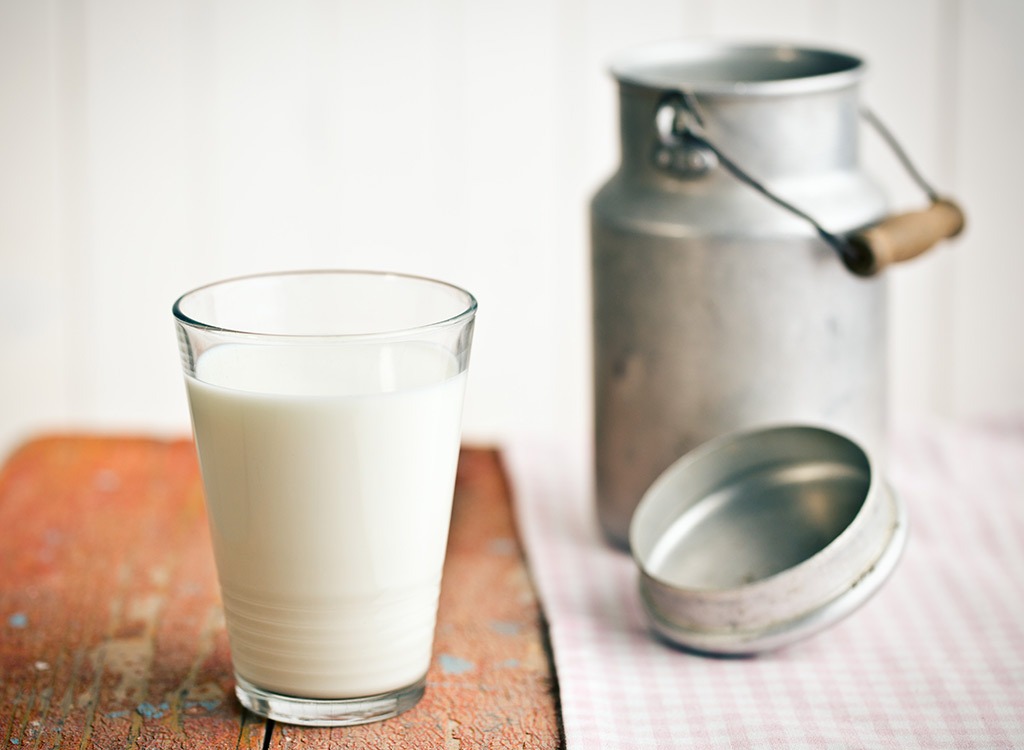
While high-fat dairy is allowed, low-fat dairy isn’t. When you’re on the keto diet, you better forget about skim milk, fat-free yogurt, and any other choice in the category.
Grains

As if saying goodbye to potatoes wasn’t hard enough, the low-carb aspect of the keto diet also requires you to ban most grains from your life.
The grains you can’t eat on keto are:
- wheat
- rice
- oats
- quinoa
- bulgur
- millet
You also can’t have grain products on keto, including:
- cereal
- bread
- pasta
- crackers
- corn
- popcorn
Legumes
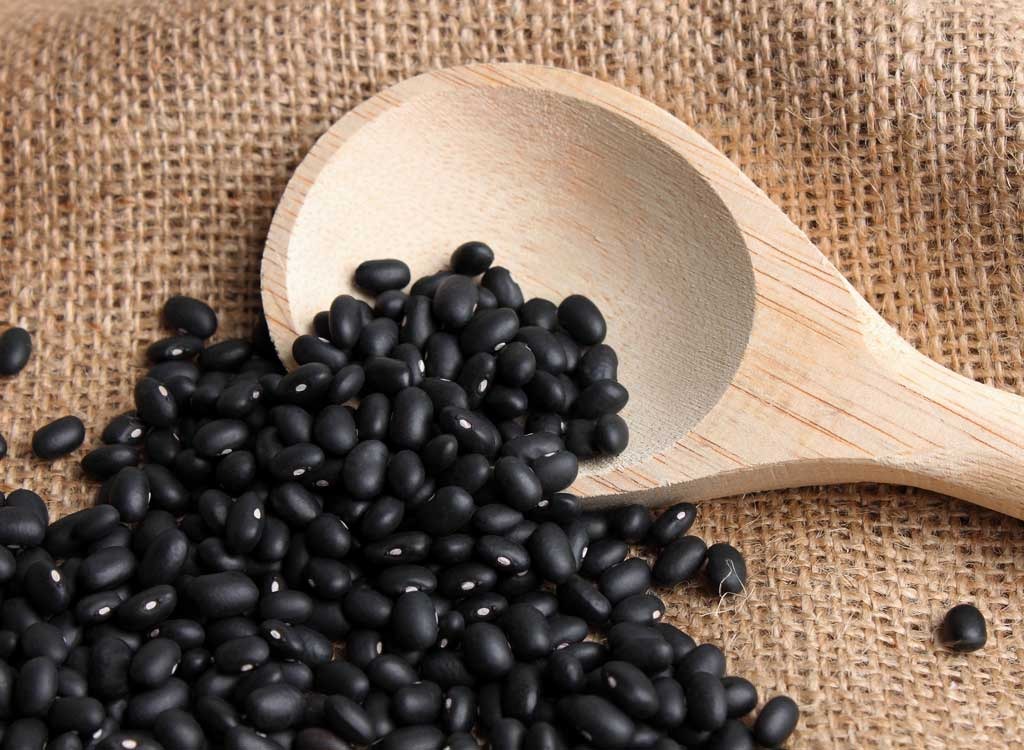
Despite all their benefits—including bettering your heart health and lowering your risk of developing diabetes—legumes are no-nos on keto. This includes no:
- black beans
- lentils
- peas
- chickpeas
- kidney beans
- soybeans
Sugar
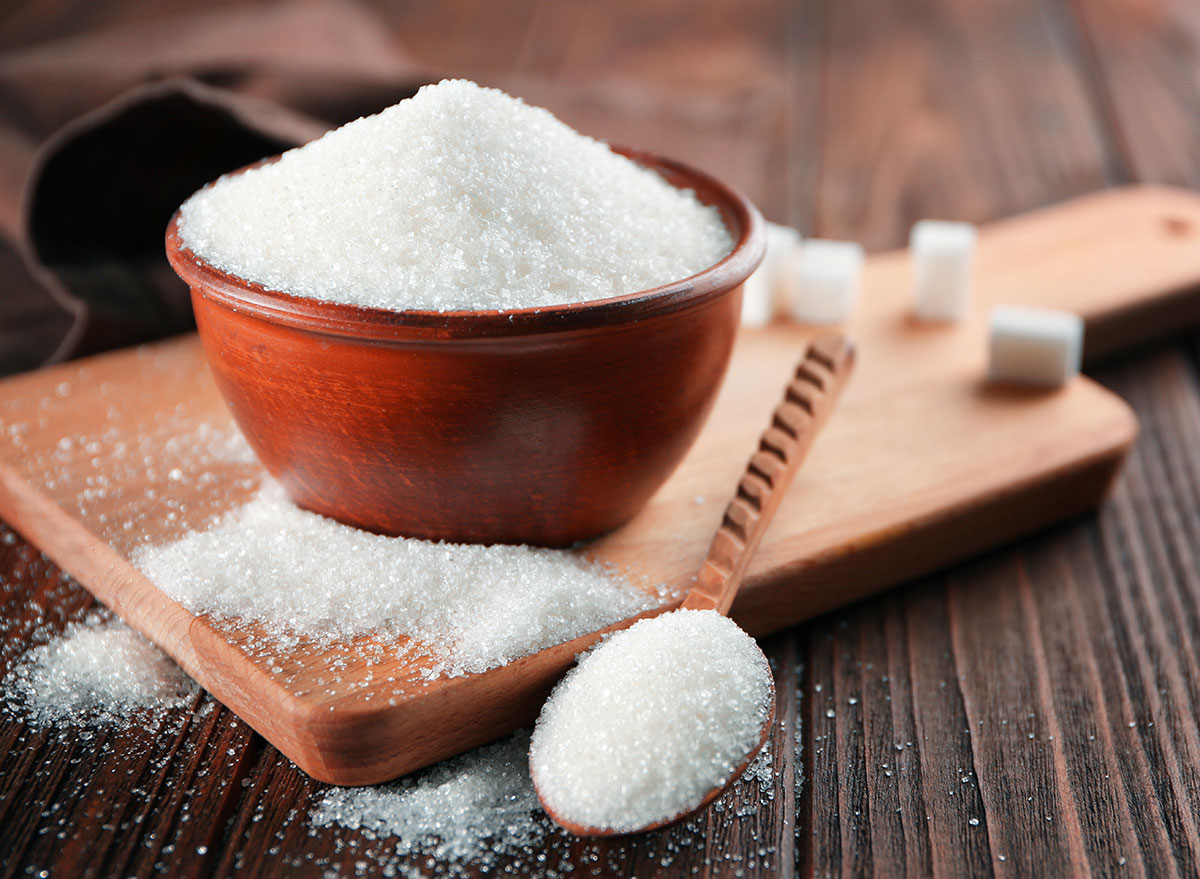
While there are a couple of sweeteners allowed on keto, the majority aren’t, which include:
- cane sugar
- honey
- maple syrup
- agave nectar
- Splenda
You also can’t have sweets. That means no more candy, chocolate, ice cream, or cookies.
“The great thing about a keto diet is that it’s going to make you back off the sugar, back off the starches, and cut back on the processed carbohydrate foods that fill the center of every grocery store in bags and boxes,” Wells says. “Because of that, you’re going to get more into whole foods and begin to break yourself of that addiction.”
Some oils
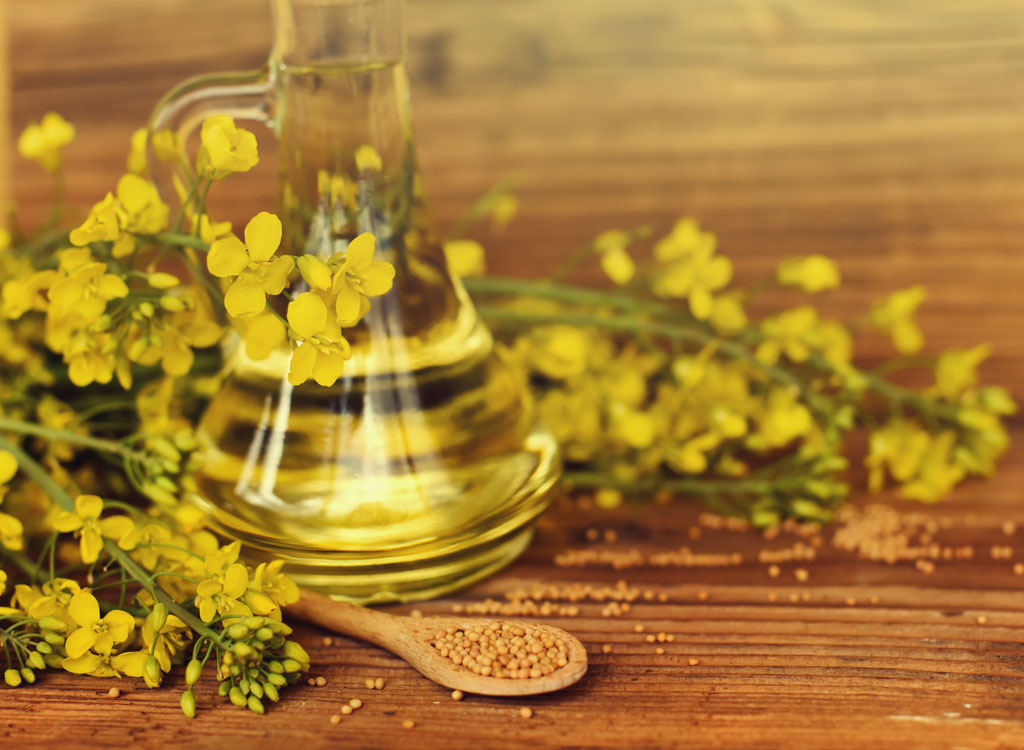
Healthier high-fat oils like olive oil and avocado oil are allowed on keto, but many are not.
The off-limit oils on keto include:
- canola oil
- soybean oil
- peanut oil
- sesame oil
- sunflower oil
Some alcohol

While you’re good to go on hard liquor and champagne, say goodbye to these drinks on the keto diet:
- beer
- cider
- sweet wines
- any alcoholic beverage that’s made with a lot of sugar. (Aka, basically any mixer, ever.)
It’s important to talk to your doctor before starting any diet, and the same is true for a keto diet. As you can see from this list, there are plenty of healthy options, like fruit and legumes, that aren’t keto-compliant. The keto diet is great for increasing your intake of protein and whole foods, but keep in mind that this is a pretty restrictive diet to follow.
